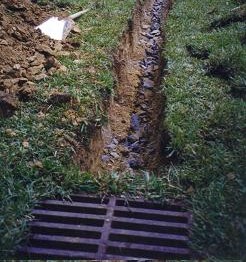Rust is a significant problem with machinery and equipment performance and life cycles, particularly in environments where exposure to moisture and corrosive elements is a factor. Adding rust inhibitors to lubricants helps protect the metal’s surface and extends the machine’s life cycle.
Protecting the Surface
One fundamental way rust inhibitors work is by adsorbing onto the metal surface, creating a protective layer that prevents moisture and oxygen from coming into contact with the metal. This layer acts as a barrier, preventing the formation of rust even in the presence of water or humidity.
Another way these inhibitors work is by neutralizing the acids responsible for causing the corrosion. The inhibitors react with the acids, forming a stable compound that does not lead to corrosion. This helps prevent metal surface degradation and extends the lifespan of machinery and equipment.
Self-Healing Film
Rust inhibitors may also work by forming a film on the metal surface, acting as a physical barrier against moisture and other corrosive elements. This film is often self-healing, meaning it can reform and continue to protect the metal surface, extending the level of protection over time.
In addition to preventing rust and corrosion, these inhibitors also help improve the overall performance of lubricants. By protecting metal surfaces from the adverse effects of rust, these inhibitors help reduce friction and wear, improving the efficiency and longevity of machinery and equipment. Choosing the right type of inhibitor based on the specific application and environmental conditions will be essential in maximizing the benefits.
Italmatch Chemicals is a global provider of lubricant additives, including our line of rust inhibitors. To learn more, visit lubeperformanceadditives.com.


